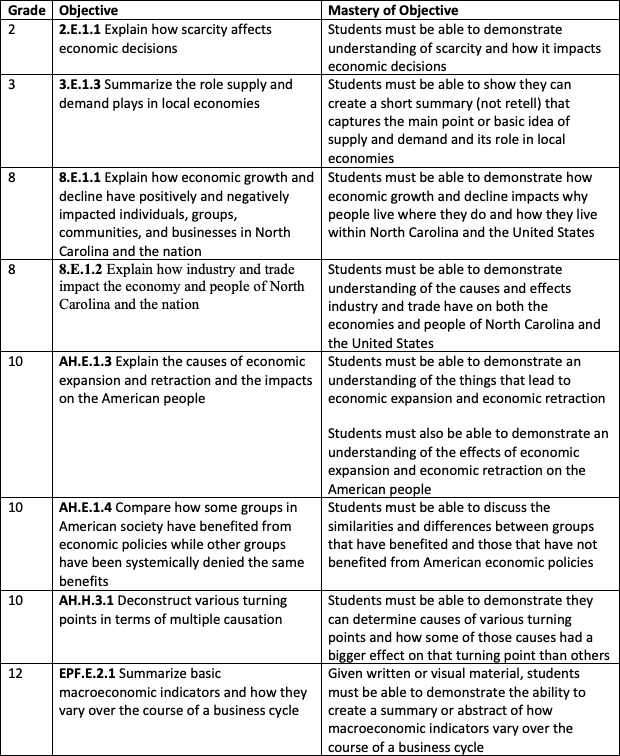Recession 2022: What Will Teachers Teach and Students Learn? | Eastern North Carolina Now
As the 2022-23 school year approaches, the United States economy appears to be sliding into a recession.


|
If a white person commits a crime against a black person, it is a national news story.
Published: Monday, September 15th, 2025 @ 5:21 pm
By: Daily Wire
|
|
"This highly provocative move was designed to interfere with our counter narco-terror operations."
Published: Sunday, September 14th, 2025 @ 5:43 pm
By: Daily Wire
|
|
Charlie Kirk, 31 years of age, who was renowned as one of the most important and influential college speakers /Leaders in many decades; founder of Turning Point USA, has been shot dead at Utah Valley University.
Published: Sunday, September 14th, 2025 @ 5:42 pm
By: Stan Deatherage
|
|
The Trump administration took actions against Harvard related to the anti-Israel protests that roiled its campus.
Published: Sunday, September 14th, 2025 @ 5:33 pm
By: Daily Wire
|
|
ďThis could happen to any American man or woman [who] goes to Heathrow."
Published: Sunday, September 14th, 2025 @ 5:31 pm
By: Daily Wire
|
|
"Up from 0.91% in 2023 and double the rate in 2020"
Published: Thursday, September 11th, 2025 @ 9:59 pm
By: Daily Wire
|
|
In addition, Sheikha Al-Thani has "taken to promoting Mamdaniís mayoral candidacy on social media, boosting news of favorable polling on Instagram"
Published: Tuesday, September 9th, 2025 @ 10:58 pm
By: Daily Wire
|
|
Raleigh, N.C. ó The State Board of Elections has reached a legal settlement with the United States Department of Justice in United States of America v. North Carolina State Board of Elections.
Published: Tuesday, September 9th, 2025 @ 1:45 pm
By: Eastern NC NOW Staff
|
|
For this particular Hollywood love story, there was no girl bossing, no modern twists, no glorification of living in sin forever.
Published: Tuesday, September 9th, 2025 @ 11:41 am
By: Daily Wire
|